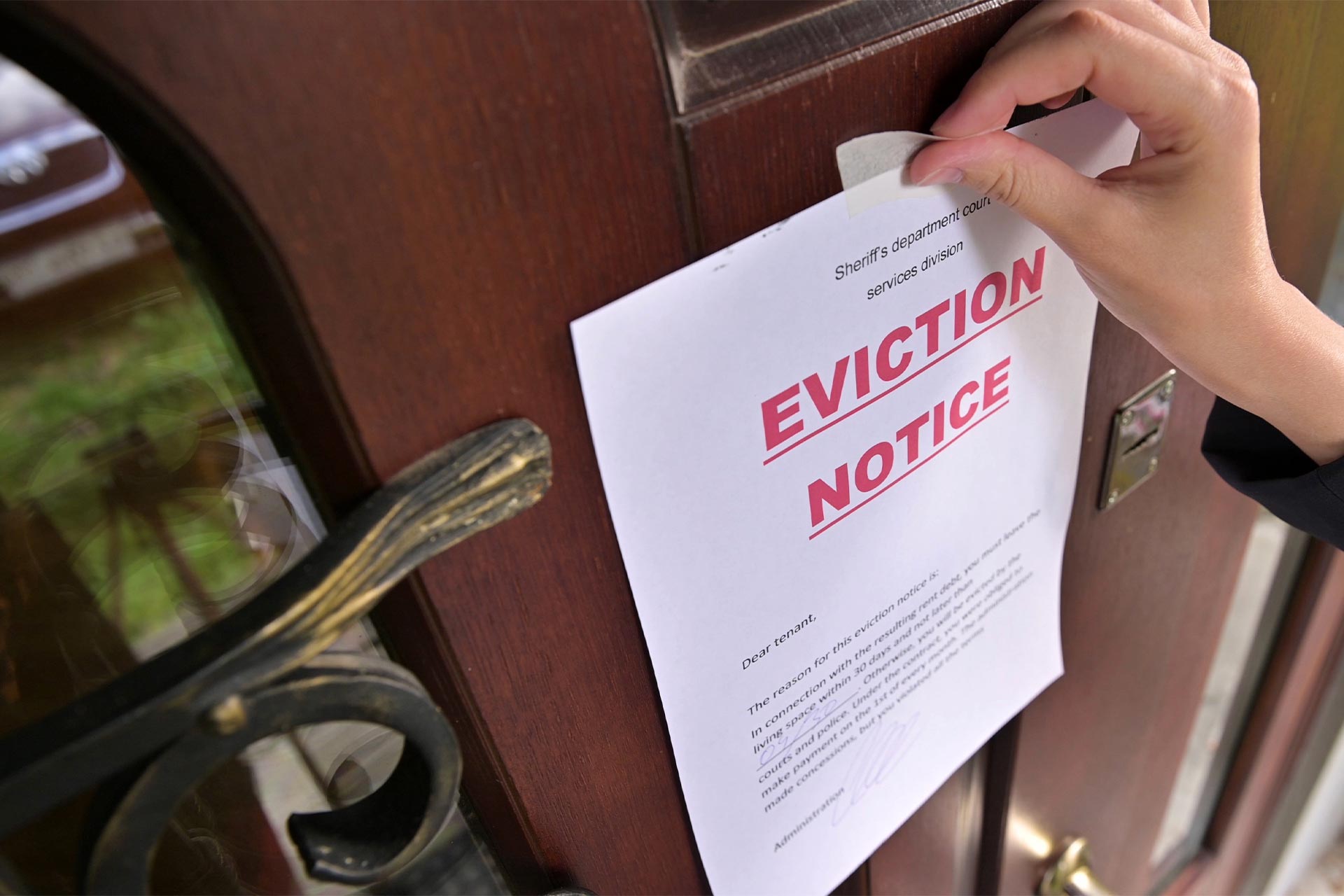As a landlord in the United Kingdom, dealing with the eviction of a tenant is a situation that you hope to avoid but may encounter at some point during your property management journey. Whether it’s due to rent arrears, breaches of the tenancy agreement, or other valid reasons, understanding the legal process and your responsibilities is crucial. In this article, we’ll provide a comprehensive guide on how to deal with evictions as a UK landlord.
Understand the grounds for eviction
Before initiating an eviction, it’s essential to understand the legal grounds for doing so in the UK. Some common reasons for eviction include non-payment of rent, breach of tenancy terms, and the end of a fixed-term tenancy. Ensure that your reason for eviction falls within the guidelines set out in the Housing Act 1988 or Housing Act 1985, depending on the type of tenancy.
Serve proper notice
To start the eviction process, you’ll need to serve notice to your tenant. The type of notice you serve depends on the circumstances:
- Section 8 Notice: Used when there are specific grounds for eviction, such as rent arrears or breaches of the tenancy agreement.
- Section 21 Notice: Used when you want to end an assured shorthold tenancy (AST) at the end of the fixed term or during the periodic tenancy phase.
Ensure that the notice is correctly drafted, specifies the reason for eviction, and adheres to the notice period required by law.
Seek legal advice
Navigating the eviction process can be complex and legally intricate. Seeking legal advice from a solicitor or property management expert is advisable to ensure that you follow the correct procedures and avoid potential legal pitfalls.
Apply to the court
If your tenant does not comply with the notice and you wish to proceed with the eviction, you will need to apply to the court. This involves submitting the necessary forms and paying a fee. The court will then schedule a hearing to consider the case.
Attend the court hearing
Both you and the tenant will have the opportunity to present your cases at the court hearing. The judge will assess the evidence and make a decision. If the judge grants a possession order, this gives the tenant a specified period to vacate the property voluntarily.
Enforce the possession order
If the tenant does not leave the property voluntarily after the possession order has been granted, you may need to apply for a warrant of possession. This allows bailiffs to remove the tenant from the property, and you can regain possession.
Handle possessions left behind
Once you regain possession of the property, you must follow the rules for dealing with any possessions left behind by the tenant. You must provide a reasonable opportunity for the tenant to collect their belongings, store them safely, and follow the legal procedures for disposal if necessary.
Conclusion
Dealing with evictions as a UK landlord can be a challenging and emotionally charged process. However, it’s essential to follow the correct legal procedures and seek professional advice when necessary.
Understanding the grounds for eviction, serving proper notice, and adhering to the court process are key steps in successfully managing the eviction process while protecting your property rights. Always prioritise open communication and a fair, lawful approach to resolve disputes with tenants whenever possible.
Thinking of using a property management company to handle your properties? Or just starting out as a landlord? Contact us today to see how we can help.
Gaskells: 01457 876 677 or fill in our contact form and one of our team will call you back.
